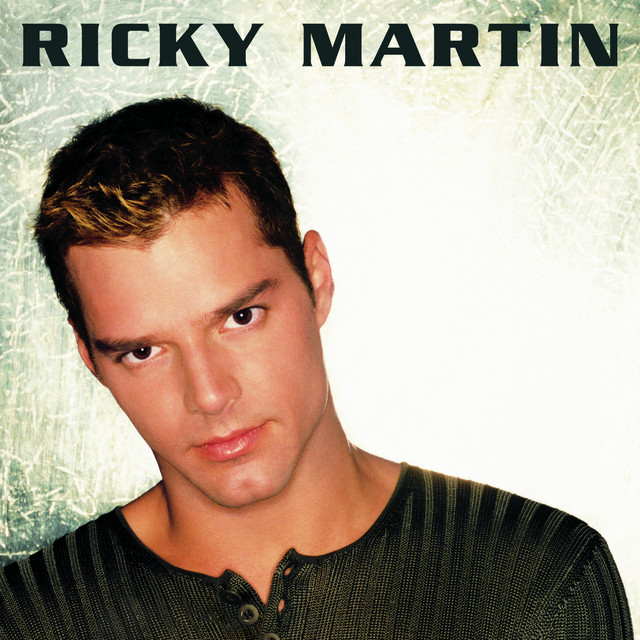Introduction:
In the ever-evolving tapestry of the entertainment industry, certain figures transcend borders, leaving an indelible mark on the global cultural landscape. Ricky Martin, born Enrique Martín Morales on December 24, 1971, in San Juan, Puerto Rico, stands as one such charismatic artist whose journey from a child prodigy in Menudo to an international pop sensation has captivated audiences worldwide. This extensive article delves into the multifaceted career of Ricky Martin, exploring his early beginnings, the groundbreaking Livin’ La Vida Loca era, activism, and his enduring impact on Latin and global music.
Early Years and Menudo:
Ricky Martin’s journey in the spotlight began at a young age when he joined the iconic Puerto Rican boy band Menudo at the tender age of 12. His time with Menudo, from 1984 to 1989, laid the foundation for his performance skills and set the stage for a solo career that would redefine the Latin pop genre.
Solo Breakthrough with “Ricky Martin”:
Ricky Martin’s solo career took flight with the release of his self-titled album “Ricky Martin” in 1999. The album’s lead single, “Livin’ La Vida Loca,” became a global sensation, topping charts and introducing Latin pop to mainstream audiences. The album’s success marked a turning point in the music industry, heralding the rise of Latin music on the global stage.
“Livin’ La Vida Loca” Era:
The infectious rhythm of “Livin’ La Vida Loca,” coupled with Ricky Martin’s charismatic stage presence, became a cultural phenomenon. The song’s success not only propelled Ricky Martin to international superstardom but also played a pivotal role in popularizing Latin music in the English-speaking market. The album “Ricky Martin” went on to become a multi-platinum success, solidifying his status as a crossover sensation.
The Grammys, World Tours, and Continued Success:
The year 1999 also marked Ricky Martin’s performance at the 41st Grammy Awards, where he showcased his electrifying stage presence. His charisma and talent earned him a Grammy for Best Latin Pop Performance for “Vuelve,” a testament to his versatility as an artist.
Ricky Martin’s subsequent albums, including “Sound Loaded” (2000) and “Almas del Silencio” (2003), maintained his chart-topping success. His ability to seamlessly blend Latin and pop elements continued to resonate with audiences, making him a global ambassador for Latin music.
Artistic Evolution and “Música + Alma + Sexo”:
Ricky Martin’s artistic journey evolved with each album, showcasing his versatility and willingness to experiment with different sounds. The album “Life” (2005) marked a more introspective and mature phase in his music, exploring themes of love, spirituality, and self-discovery.
In 2010, Ricky Martin returned to the international stage with “Música + Alma + Sexo,” an album that featured a diverse range of musical influences. The album’s success demonstrated Ricky Martin’s ability to evolve with the times while staying true to his Latin roots.
Activism and Humanitarian Efforts:
Beyond his music, Ricky Martin has been an active advocate for various social causes. His commitment to humanitarian efforts and LGBTQ+ rights has earned him widespread recognition. In 2010, he publicly came out as gay, contributing to the visibility and acceptance of LGBTQ+ individuals in the entertainment industry.
Ricky Martin’s philanthropic endeavors include the creation of the Ricky Martin Foundation, which focuses on the well-being of children around the world. His advocacy work extends to issues such as human trafficking and disaster relief, showcasing his dedication to creating positive change.
Residency in Las Vegas and Continued Relevance:
In 2017, Ricky Martin embarked on a residency in Las Vegas titled “All In,” captivating audiences with his dynamic performances and retrospective journey through his hits. The residency highlighted his enduring appeal and status as a live performance powerhouse.
In 2018, Ricky Martin released the album “A Quien Quiera Escuchar,” which earned him a Grammy Award for Best Latin Pop Album. The album reflected his continued commitment to artistic exploration while maintaining the authenticity that has defined his career.
Fatherhood and Personal Growth:
In addition to his musical and advocacy achievements, Ricky Martin has embraced fatherhood. In 2008, he became the father of twin sons, Matteo and Valentino, through surrogacy. The experience of fatherhood has been a transformative and fulfilling aspect of his life, contributing to his personal growth and sense of purpose.
Conclusion:
Ricky Martin’s journey from a young boy in Menudo to an international sensation is a testament to his talent, resilience, and cultural impact. Through the Livin’ La Vida Loca era, his activism, and continuous musical evolution, Ricky Martin has not only shaped the Latin pop genre but has also contributed to the broader narrative of cultural liberation and acceptance.
As he continues to captivate audiences with his electrifying performances, advocate for social change, and explore new musical horizons, Ricky Martin stands as more than an entertainer—he is a cultural force who has left an indelible mark on the global stage. The legacy of Ricky Martin is not just in the notes of his music but in the hearts of the millions who have danced to his rhythms and been inspired by his journey of self-discovery and authenticity.
